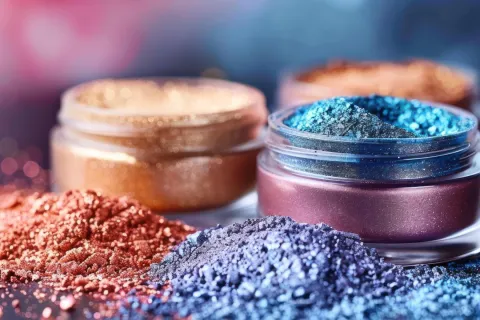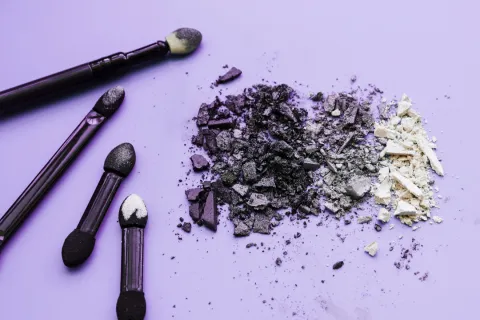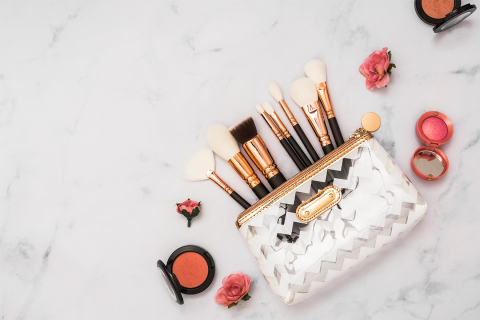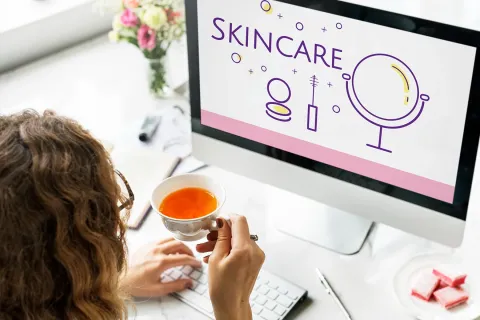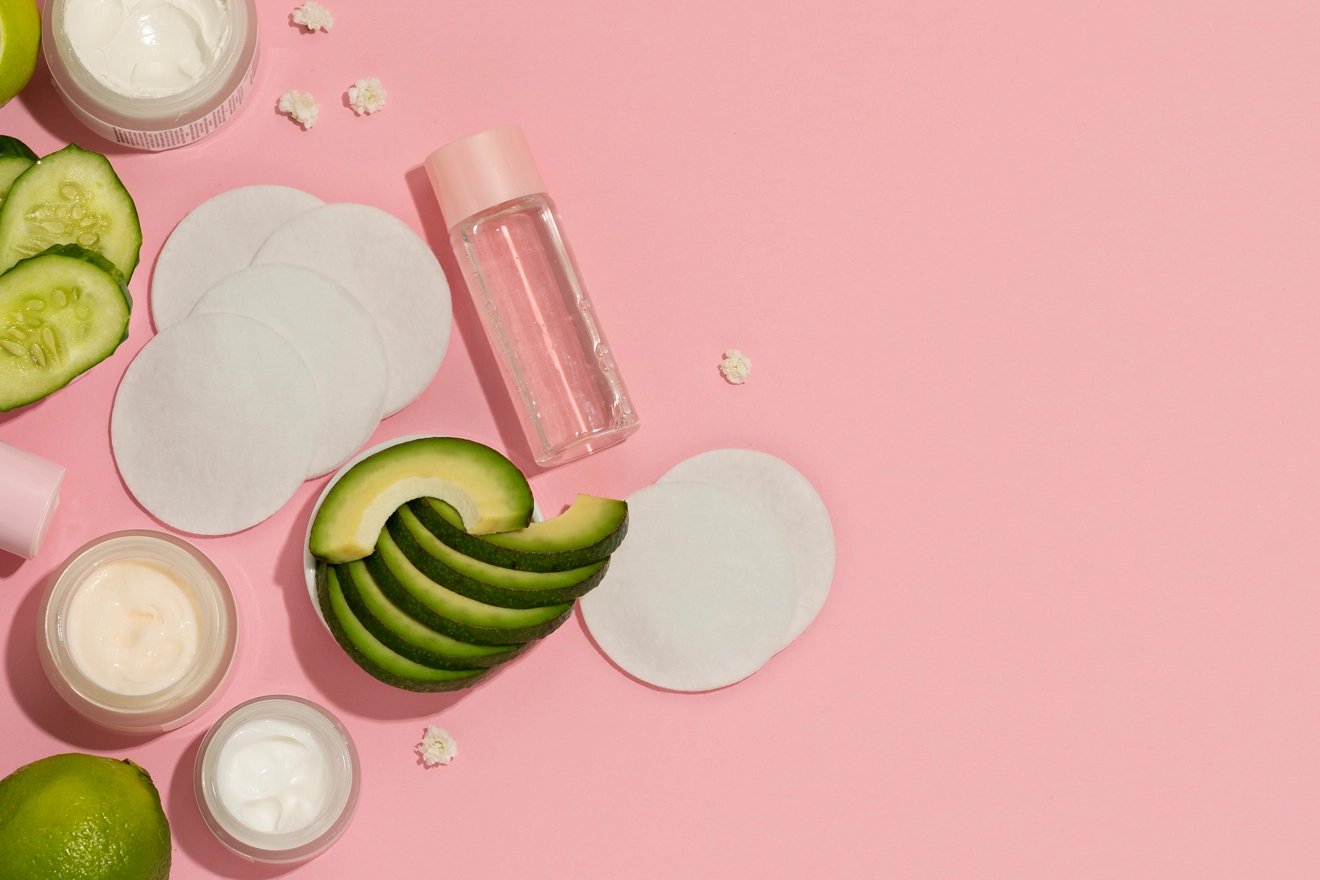
As public awareness of environmental issues is increasing rapidly, many cosmetic companies are engaging their focus on natural and environment-friendly emulsifiers and chemicals to be used in their products. The advantages of ‘green’ beauty products go beyond fashion. Newer research approaches have outlined the amount of toxicity in conventional cosmetics. However, it has been observed that the natural cosmetic business is growing at a steady pace.
The term ‘green’ has become synonymous with ‘organic’ and ‘healthy’ in the modern marketing language. ‘Green cosmetics’, typically, refers to products that use ecological-friendly formulas, manufacturing techniques, or packaging materials. When a brand highlights ‘green cosmetics’, consumers naturally assume the brand to be environment-friendly. However, there is a lot of scope for improvement in green cosmetics.
The Federal Trade Commission (FTC) in the United States has issued guidelines to clarify what green and natural imply in marketing terms though these guidelines remain vague.
Industry’s Most Recent Survey Report- Findings
The ISO 16128 guidelines by the ISO Cosmetics Working Group (ISO/217 WG4) are the international guidelines for natural and organic cosmetics. A latest consumer study that analyzed perceptions of natural beauty brands and seals concluded that natural and organic certified products do not influence consumer buying patterns. Seals with multiple accreditations faced less awareness and clarity among customers compared to seals with single accreditations. Also, it has been observed that customers are willing to spend more on natural/organic certified products.
Benefits of Natural/Organic Cosmetics
Natural/Organic cosmetics, known to be environment-friendly, have enhanced effectiveness. According to research conducted in 2015, an estimated 8 trillion microbeads are washed into our rivers every day. In 2015, a Bill was passed in the US prohibiting microplastics' usage, demonstrating the importance of Environmental Stewardship. Such small actions improve public opinion and enhance sales as public awareness of these issues arises considerably.
In principle, cosmetics should be able to deliver a considerable benefit to the user while posing no risks. Many ingredients, like mineral oils, are considered reasonably safe. However, a few studies have always posed a question about the safety of such ingredients around the globe, and the data gaps remain unresolved. In many organic products, toxicity to the end user is reduced, resulting in safer, high-quality products. This also enhances brand value and corporate responsibility.
According to a new analysis, the global organic personal care industry is expected to reach USD 25.11 billion by 2025. So that’s what we have in store for you. Reach out to Freyr for comprehensive Regulatory support and hassle-free market entry for Cosmetics.
